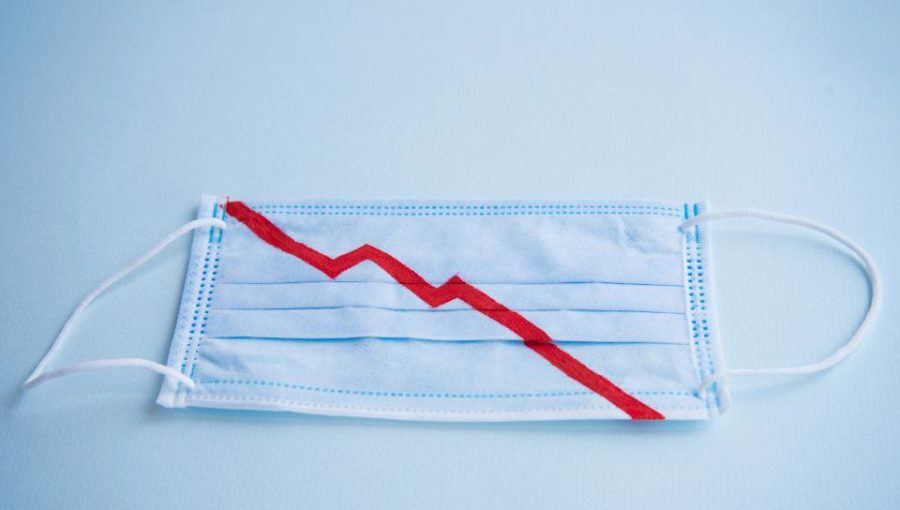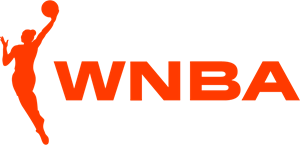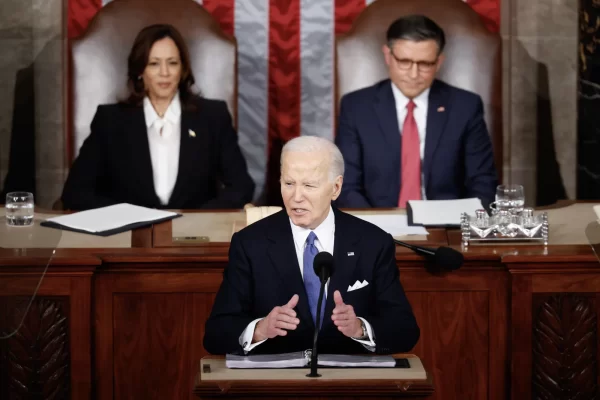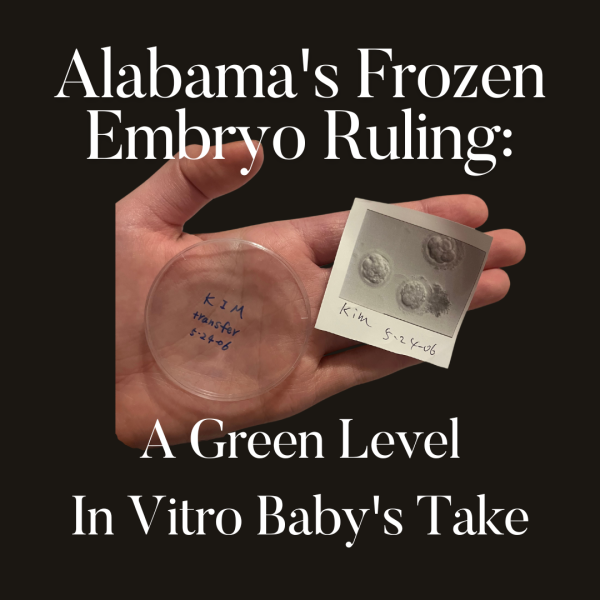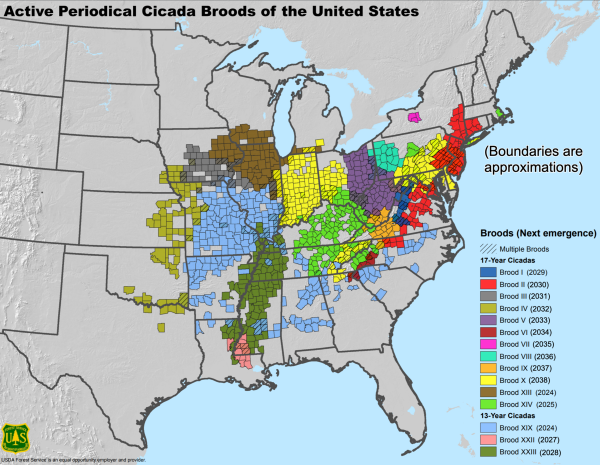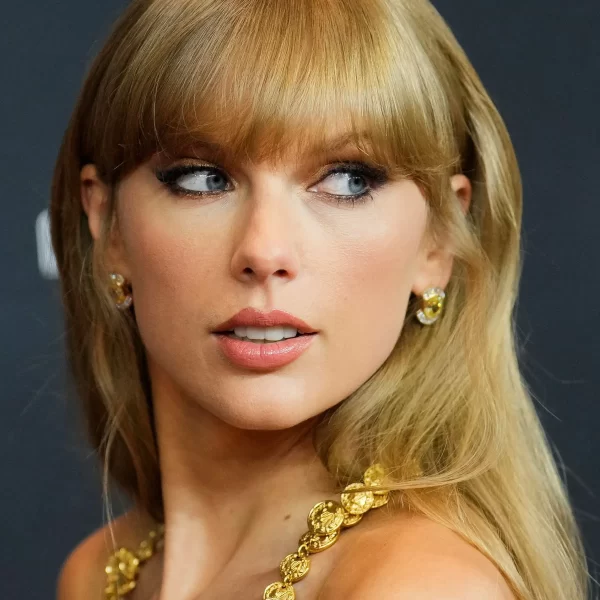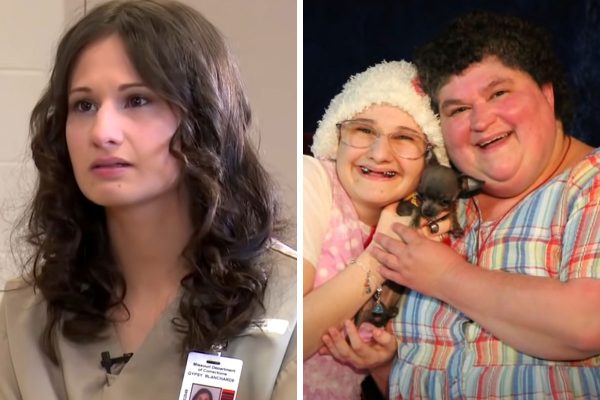The United States is Beginning to See Signs of a Recession
Covid has played a big role in our economy, and works with results of the current Ukraine War to possibly result in a recession. Image via. Getty – Forbes
Economists, CEOs, Wall Street, and Main Street are all beginning to ring the recession alarm bell.
Most agree that a recession could begin in the US over the next few months. However, the question is, what kind.
Recessions and their aftermath come in many different forms and the recession soon to come is particularly complicated according to CNN Business.
“Whether it’s Covid in Asia or what’s going on in Ukraine or what’s going on with energy, it’s one thing after another,” said Nick Tell, CEO of investment bank Armory Group. He continued saying that what made this possible recession different from others was “the psychological impact on the workforce from Covid and the enormous amount of subsidies that were introduced into the economy.”
The massive labor shortage that has resulted from the virus is something that hasn’t been seen since labor shortages in wartime.
David Lebovitz, a global market strategist at J.P. Morgan Asset Management agreed with Tell saying, “When you look at job openings relative to the number of unemployed individuals we’re certainly in uncharted territory here. I’ve never really seen it like this in my lifetime.”
Since the beginning of the year, many investors have found themselves on edge as inflation rates climb far above normal levels. The government has responded by raising the interest rate to gradually stabilize the economy.
Despite efforts to avoid job losses, recessions will likely form over the next few years as anticipated by Dr. Amanda Phalin, an economist at the University of Florida.
Phalin explained how, “It is possible to raise the interest rates without increasing unemployment theoretically, but it has never been done before.”
People could trigger a recession without a forecast just by cutting down on spending and investing and saving more money.
“Our expectations about the future and how we react to those expectations can actually cause those expectations to become reality.” she warned. “I don’t want us to get to a point where even in a mild recession, our economic growth recovers, but our job market doesn’t. That is my main fear.”
Beth Ann Bovino, Chief U.S. Economist for S&P Global Ratings, explained how “While we don’t necessarily have a recession in our forecasts, we do not see the risk of a recession increasing. We now have it at about 30%; we see the risk go much larger in 2023 when those cumulative rate hikes from the Fed to attack inflation start to weigh on mortgage payments and monthly payments.”
Dana Peterson, the Conference Board’s chief economist, agreed that a recession may not be set in stone yet but could be predicted, and told CNN, “You can always talk yourself into a recession. If businesses start shedding jobs in anticipation of a recession, that is going to spook consumers — and that can get us into a recession.”
Despite higher consumer spending numbers and a near-full labor market, investors still find themselves concerned. There are many factors contributing to this such as the massive labor shortage. Many analysts have noticed that there is a growing number of people leaving their job.
The stock market also fell earlier this month after the Federal Reserve raised the Federal Funds rate by half a percentage point.
Economic growth in the U.S. has already been slowing, with the Bureau of Labor Statistics reporting the unexpected shrinking of gross domestic product in the first quarter of the year – the worst performance since the spring of 2020, when the effects of COVID were initially hitting hard.
Lisa Shalett, Morgan Stanley Wealth Management’s chief investment officer, wrote in a note that, “it now appears that inflation is broadening out and has the potential to stay higher for longer. This is a scenario that places upward pressure on longer-run inflation expectations and keeps the Fed in a policy acceleration mode.”
The Fed is under pressure now to cool demand and prices but faces the challenge of doing so without negatively affecting economic growth. After the Federal Reserve raised the Federal Funds rate by half a percentage point, the stock market also fell earlier this month.
According to Fox Business, Fed Chairman Jerome Powell has acknowledged the consequences which could come with reducing inflation and curbing demand but pushed back against the notion of an impending recession, identifying the labor market and strong consumer spending as bright spots in the economy. However, he has warned that a soft landing is not assured.
There are many different forms of economic downturns and recoveries. Gross domestic product over time can be seen in several forms such as U-shape, V-shape, W-shape, L-shape, and K-shape.
Tell believes that we will have a U-shaped recovery, a form we haven’t seen in a while.
A U-shaped recession is illustrated by a steep decline, with a long struggle at the bottom before recovery.
Simon Johnson, a former chief economist at the International Monetary Fund, compared this U-shape recession to being stuck in a bathtub. “You go in. You stay in. The sides are slippery. You know, maybe there’s some bumpy stuff in the bottom, but you don’t come out of the bathtub for a long time.” he said.
Tell says that the economy will slow down for a while before the workforce and unemployment rate return to a normal level. Even though it may take a while, things will likely go back to normal.
While some predict the recession to be U-shaped, others are still hopeful that the recession will be V-shaped.
A V-shaped recession is seen as a sharp decline with a clear bottom and followed by a sharp incline. A V-shaped recession and recovery are considered a best-case scenario.
For businesses and investors, a recession can have many different results.
CEO confidence has fallen to the lowest since the beginning of the Covid-19 pandemic, finding itself in negative territory, for the first time during the economic expansion.
However, according to CNN Business, the good news is that only 11% of CEOs anticipate a so-called hard landing, that came with a deep recession. The others expect a “very short, mild” recession.
While opinions surrounding the state of a recession differ significantly, 60% of CEOs expect conditions to worsen.
Nearly 61% of CEOs surveyed by the Conference Board reported that “economic conditions have worsened over the past six months, compared with 35% who said that during the first quarter. Just 14% of CEOs reported improving economic conditions.”
Although, given the strong growth from last year, many economists predict that the economy will continue growing for now.
For instance, The Conference Board is projecting modest GDP growth of 2.25% this year, down from 6% in 2021.
Lloyd Blankfein, senior chairman of Goldman Sachs, told CBS News that a recession isn’t “baked in the cake,” but “It’s definitely a risk. If I were running a big company, I would be very prepared for it.”

Shloka Sunil is a freshman at Green Level who is excited to write for The Gator’s Eye this year. In her free time she loves to read, watch netflix, and...


